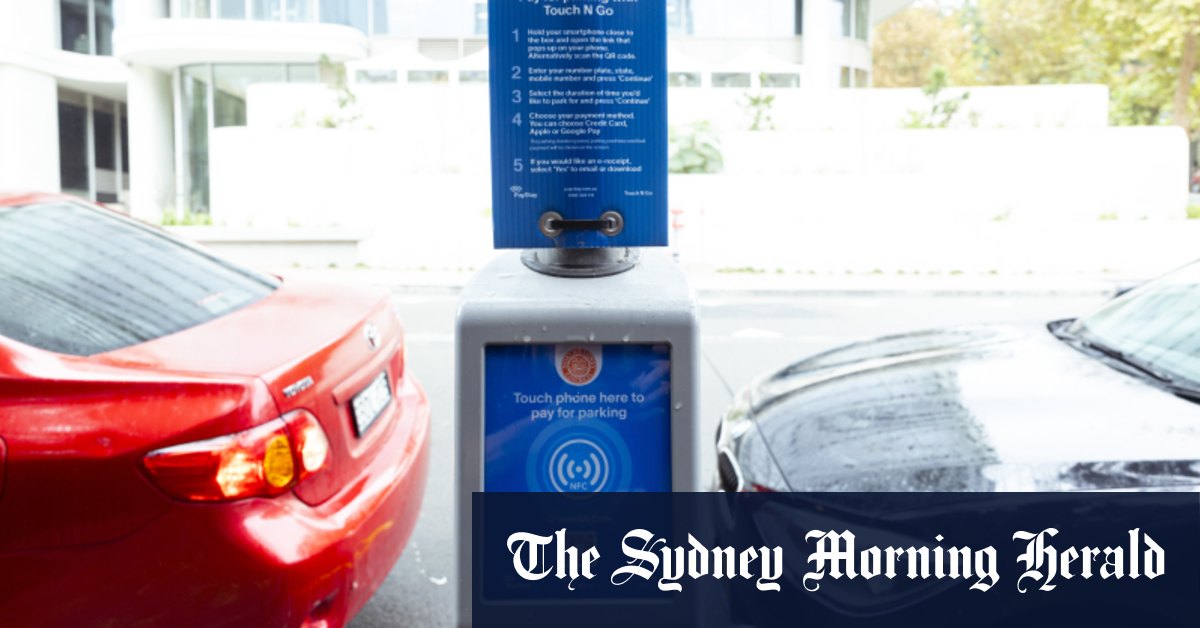Australia
Calls to scrap hidden parking fees from ticketless systems

How Modern Parking Systems Work
Modern parking systems are designed to make the process of paying for parking faster and more convenient. Typically, drivers are required to scan a QR code, which directs them to either a mobile app or a website. Once there, they can input their contact details, car registration number, and the duration for which they wish to park. This streamlined process eliminates the need for physical tickets or meters, making it easier for drivers to manage their parking without hassle. The apps also provide a reminder service, which notifies drivers when their paid parking time is about to expire, helping them avoid fines. However, some apps charge an additional fee of 34 cents for sending these reminders, which has raised concerns about hidden costs.
Government Intervention on Parking Fees
The government has stepped in to address concerns over additional fees charged by third-party parking apps. According to Graham, a spokesperson for the government, parking charges must be the total cost as advertised on street signs or in public notices. This means that any service fees added by third-party apps should not be passed on to consumers. The government has contacted parking authorities, including local councils, to reinforce this message. While no specific solution has been mandated, options under consideration include councils absorbing the fees or working with app providers to find an alternative solution. The government’s goal is to ensure transparency and fairness in parking costs.
Benefits of Ticketless Parking Systems
Despite the concerns over additional fees, ticketless parking systems offer several benefits. For drivers, these systems make parking payment easier and more convenient, reducing the need for cash or physical tickets. The reminders provided by the apps help prevent parking fines, which can be a significant inconvenience for drivers. Additionally, the data collected by these systems provides valuable insights into parking demand, which can be used by local councils to improve parking infrastructure and manage street-level parking more effectively. Graham has acknowledged the overall benefits of ticketless parking, emphasizing its potential to enhance user experience and support better decision-making.
Challenges and Controversies
While ticketless parking systems have their advantages, they are not without challenges. The issue of additional service fees charged by third-party apps has sparked debate, with concerns that these fees add to the financial burden on drivers. The government’s intervention aims to address this issue, but the solution remains unclear. Another point of contention is the cost-shifting to local councils, which could be required to absorb the fees or find alternative solutions. This has led to tensions, particularly in areas like Mosman and the Northern Beaches, where the government’s plans to abolish free beach parking permits for ratepayers have been met with resistance.
Government Plans and Council Feedback
The government has indicated its willingness to listen to feedback from local councils as it updates guidelines related to parking systems. Graham has stated that councils will have the opportunity to provide input on how these guidelines can be improved to reflect the needs of both drivers and local authorities. This collaborative approach is seen as a positive step toward finding solutions that balance convenience, cost, and fairness. However, the government’s broader plans, such as the abolition of free beach parking permits, have been met with criticism, particularly from local leaders who argue that such changes could place an unfair financial burden on councils.
The Bigger Picture: Parking Policy and Public Interest
At the heart of the debate over parking systems is the question of how to balance innovation with fairness and transparency. While ticketless parking offers undeniable benefits, such as convenience and data-driven improvements, the issue of extra fees and cost-shifting highlights the need for careful consideration of how these systems are implemented. The government’s role in regulating parking charges and ensuring that the interests of both drivers and councils are protected is crucial. As parking systems continue to evolve, stakeholders must work together to create policies that prioritize public interest while embracing the efficiency and convenience that modern technology has to offer.











